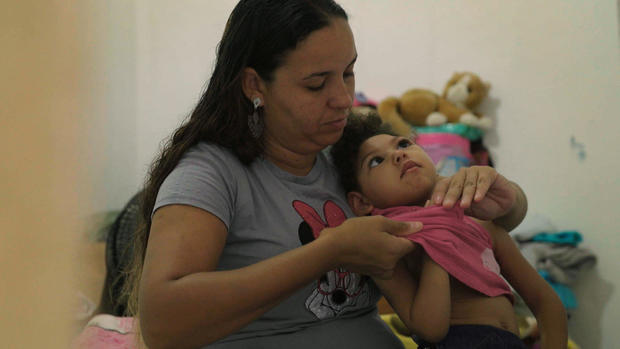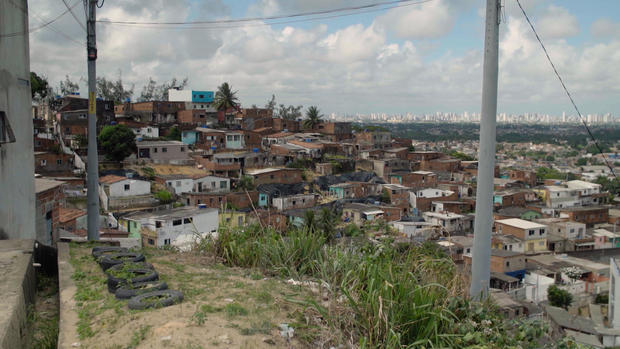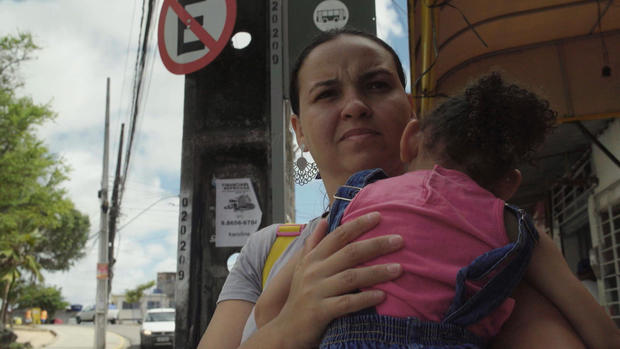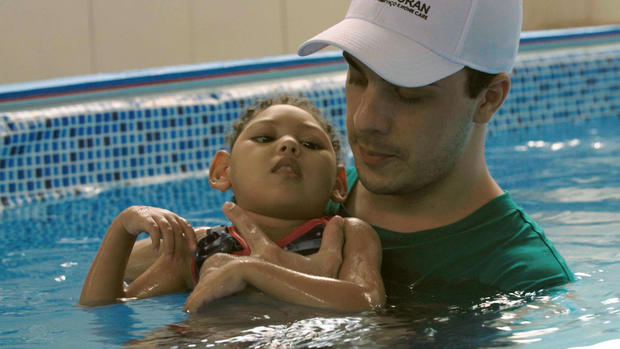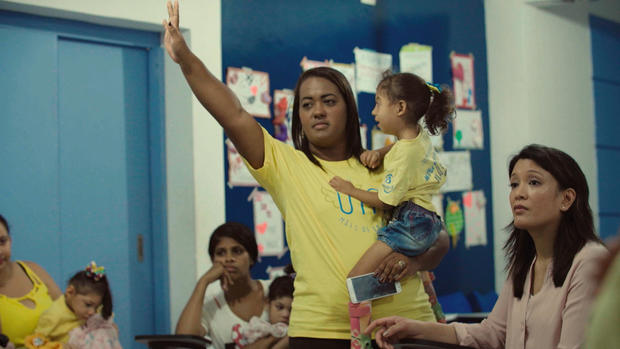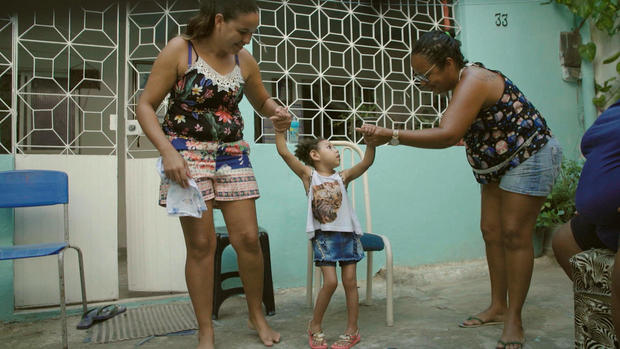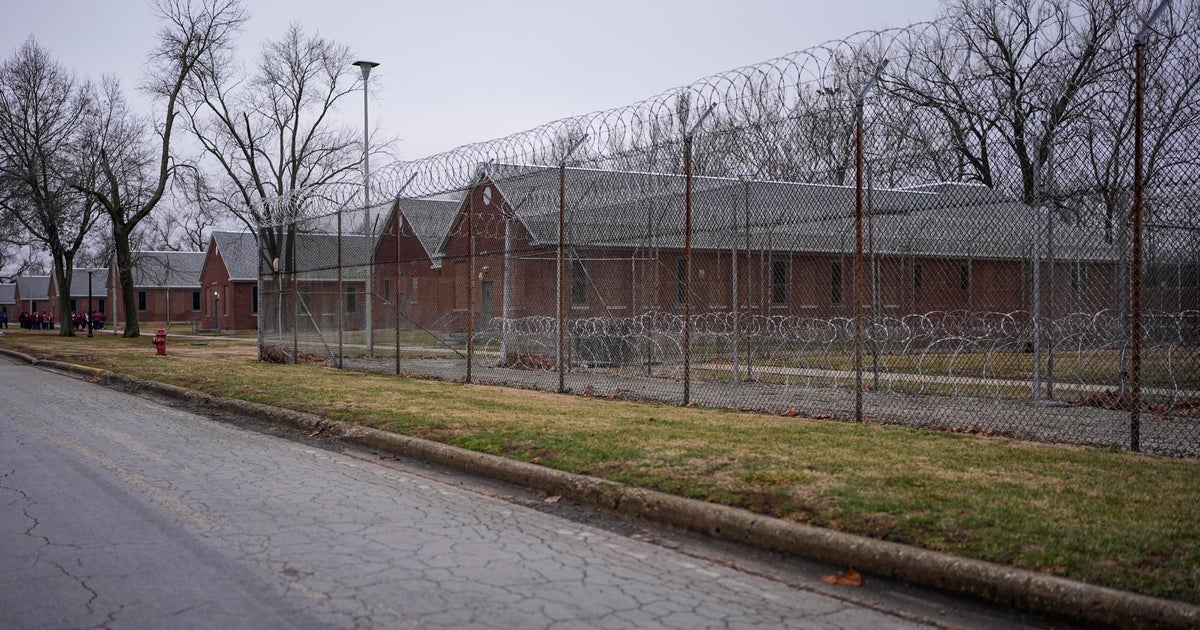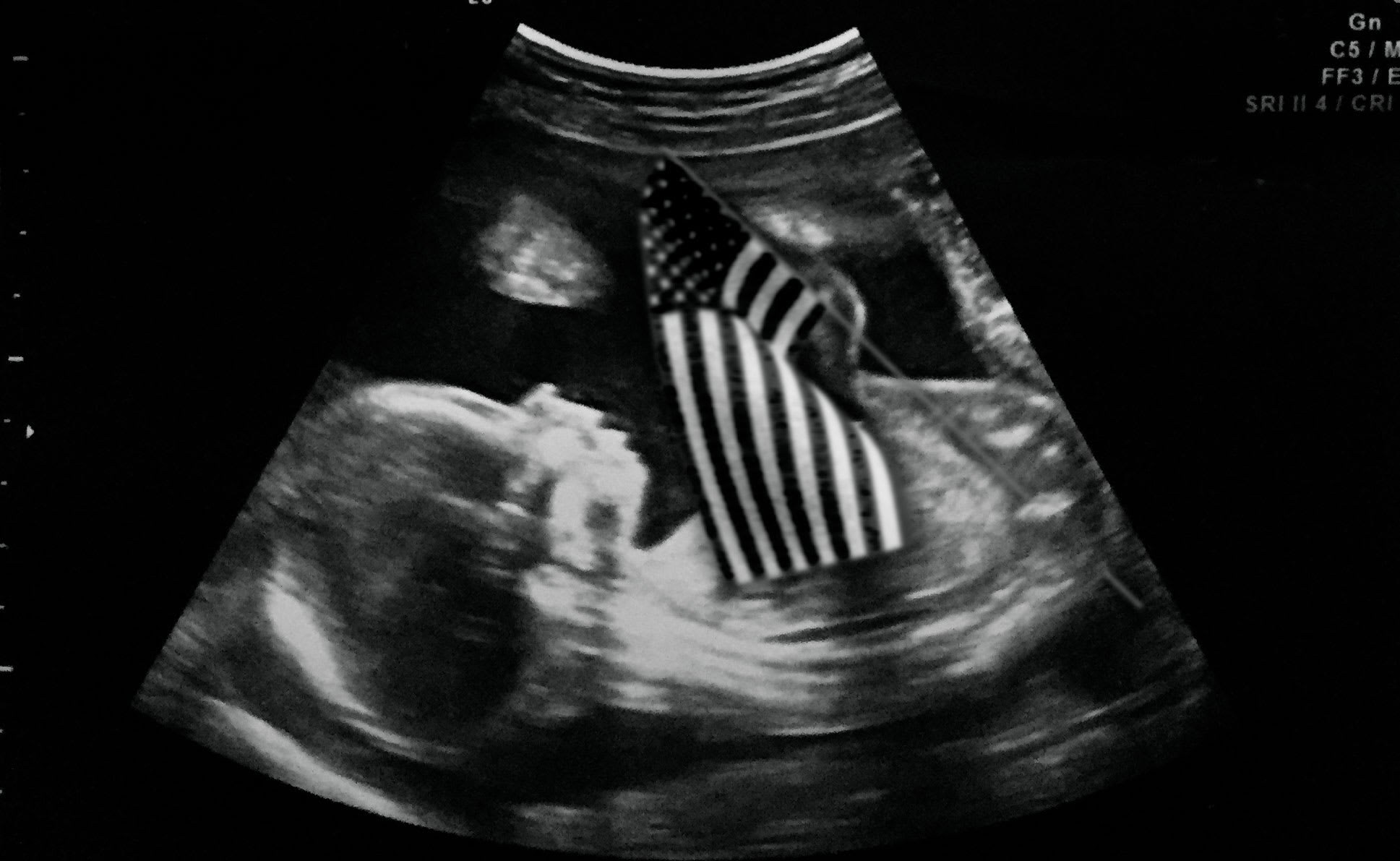"Our children are forgotten": Zika's devastating impact lingers 3 years later
Watch the new CBSN Originals documentary, "Zika: Children of the Outbreak," in the video player above.
It was late 2015 when communities in northeast Brazil started noticing an alarming increase in babies born with an unusual and devastating type of birth defect: microcephaly. The condition is characterized by an abnormally small head, and often neurological impairment. At first, no one knew what was causing the uptick, and concern grew as dozens of cases soon became hundreds.
By 2016, experts had zeroed in on the cause: Zika virus, contracted during pregnancy, may harm an unborn child's brain development. Panic swept through Brazil and much of the western hemisphere as health officials scrambled to understand the disease and looked for ways to stop it.
For many families, life has never been the same.
Gleyse da Silva's daughter Gigi was born in October of 2015, the height of the outbreak. Gleyse, already the mother of three boys, said she'd always wanted a girl. She found out when she was seven months pregnant that Gigi would be born with a smaller head.
The da Silvas are a typical family in their low-income community in Recife, Brazil, the epicenter of the Zika outbreak. Before Gigi was born, they were making ends meet. Now, they are struggling to afford her medications, food and other special needs which cost hundreds of dollars a month.
Over 400 families in the state have children born with congenital Zika syndrome, or CZS — a distinct pattern of birth defects, including microcephaly, which resulted from infection with the Zika virus in utero.
Most of the families, like Gigi's, live in Recife's poorer neighborhoods where conditions make perfect breeding grounds for the Aedes aegypti mosquito, the species that spreads Zika. The mosquitoes thrive in warm climates and standing water, and most homes in the area do not have proper plumbing, air conditioning, or screens on their windows.
As the children of what's sometimes called "Generation Zika" turn 3, they continue to suffer from a broad range of problems. Symptoms include muscle stiffness and weakness, seizures, vision impairment, and trouble swallowing. Most toddlers with CZS cannot walk or talk, and may never be able to.
"There are still many uncertainties," Gleyse said. "They don't have many answers. Even today there are a lot of questions."
Doctors do know that specialized therapy can help, but the variety of symptoms require visits to multiple specialists many days a week. For Gleyse and moms like her, that means a two-hour trek in both directions. She relies on public buses and carries Gigi all the way.
"The greatest challenge right now is that Gigi is growing and getting heavy," Gleyse told CBS News. "She has a wheelchair, but there are some rehab centers that are hard to access."
The upside, Gleyse says, is that Gigi appears to be showing progress. She was taken on by Dr. Pepita Duran, a specialized physical therapist who cares for nine CZS patients free of charge. At the private clinic, Gigi does exercises designed to improve motor function and is guided through aqua therapy to ease her stiff muscles.
But Dr. Duran can only take a very limited number of patients for free. Other families have to rely on overcrowded public hospitals, with strained resources and wait times that can take hours.
Unfortunately, health and money challenges are not the only issues to overcome. The outbreak left hundreds of mothers struggling emotionally as well. Many told CBS News they felt left behind or forgotten.
"My first reaction was to hide, because I was scared that people would look at him with pity," said Germana Soares, Gleyse's friend and the mother of a 3-year-old boy with congenital Zika syndrome.
The two mothers first met while they waited in a hospital lobby for one of their children's many appointments. They bonded and decided to start a support and advocacy group to help moms facing the challenges of raising a child with CZS.
Their organization, the Union of Mothers of Angels, quickly grew from eight members to about 400.
The connections forged here have been especially meaningful for many single moms in the group. Germana says three-fourths of the women were abandoned by their partners, and many experience discrimination when they are out with their children.
The group has also been influential in the passing of better disability laws providing access to government aid — helping families afford proper therapy, transportation, and medication for their kids. Many say it's been a struggle.
"Brazil is not very concerned with our children nor the mothers," one woman told CBS News. "They don't provide assistance. Our children are forgotten. It's as though they never existed."
"It is important to understand that people with disabilities are human beings. They have rights and responsibilities," Germana said. "This mom is not less of a woman because she has an 'imperfect' child. On the contrary, they are women who overcome their pain every single day through the love and courage to fight for their child."
Through it all, the mothers have created a community of support and are determined to provide the best opportunities for their kids. They are focusing on their victories, no matter how small.
In Gleyse's family, that means celebrating Gigi's progress in therapy. She says Gigi has put weight on her legs twice now, a sign more improvement is possible as time goes on.
"I always say that I am grateful for the way that God gave her to me," Gleyse said. "I am only sad because there are many children who don't have therapy."
